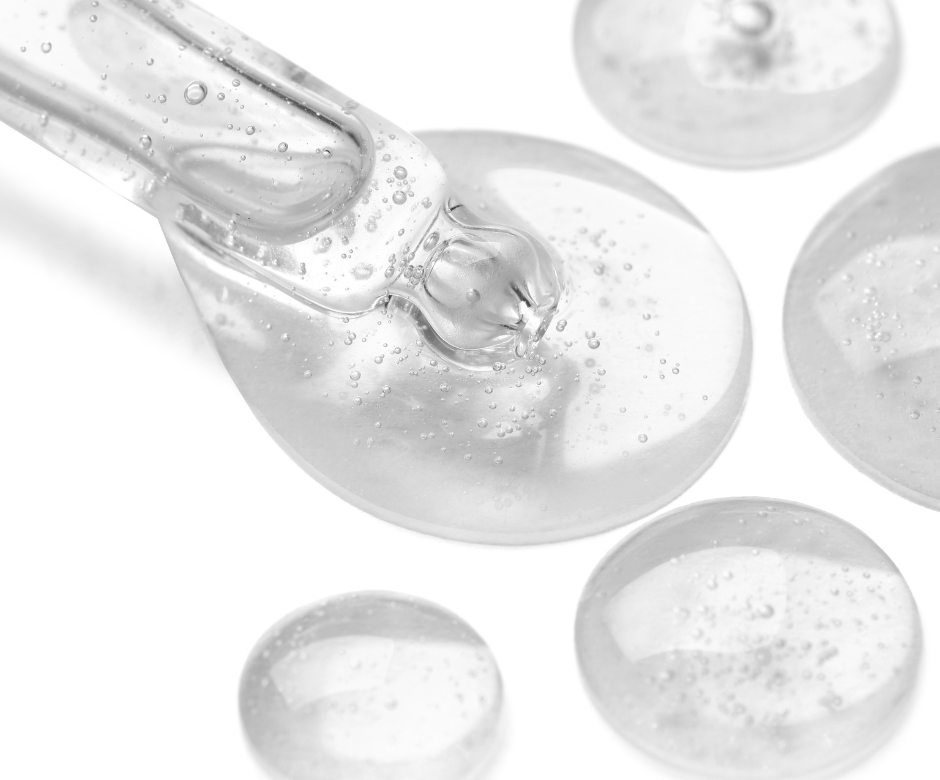Building A Microbiome-Friendly Skincare Routine
Skincare interventions that reduce bad bacteria and restore friendly bacteria are paramount for preventing conditions like acne and eczema. Therefore, creating a microbiome-friendly skincare routine focuses on supporting the beneficial bacteria on your skin, which play a vital role in maintaining a healthy skin barrier, and reducing inflammation. Here’s how you can build such a routine:

1. Gentle Cleansing
Use a mild, sulfate-free cleanser: Harsh cleansers can strip your skin of its natural oils and disturb the microbiome. Look for products labeled as pH-balanced and non-stripping.
Avoid over-cleansing: Washing your face twice a day is usually sufficient. Over-cleansing can disrupt the skin's natural microbiome.
2. Moisturize with Prebiotics and Probiotics
Prebiotic moisturizers: These contain ingredients like inulin or oat extract that feed the good bacteria on your skin.
Studies have shown that a 2% colloidal oatmeal gel cream can ease eczema when applied twice daily and increase the presence of staphylococcus epidermidis (a “good” bacteria associated with healthy skin).
Probiotic-infused products: These introduce beneficial bacteria to the skin. Look for products containing ingredients like lactobacillus or bifidobacterium.
We also recommend restoring your skin’s health with Avene’s postbiotic skincare products. Their Thermal Spring Water and the Tolerance Control line contain bacterial-derived ingredients to support skin health.
3. Exfoliate Gently
Avoid harsh exfoliants: Opt for gentle exfoliators that won’t disrupt the skin’s microbiome. Enzyme exfoliants or low-concentration alpha-hydroxy acids (AHAs) can be good options.
Limit exfoliation: Once a week is usually enough.
4. Sun Protection
Use mineral sunscreens: Chemical sunscreens can sometimes irritate the skin and disrupt the microbiome. Zinc oxide or titanium dioxide sunscreens are generally more microbiome-friendly.
5. Avoid Antibacterial Products
Skip the antibacterial soaps and cleansers: These can kill both harmful and beneficial bacteria, disrupting your skin’s microbiome balance. Maintaining the diversity of protective bacteria is important as it can affect inflammatory responses in acne.
6. Hydrate and Nourish
Hydrating serums: Look for serums with hyaluronic acid and ceramides to keep your skin barrier healthy.
Omega-rich oils: Oils like jojoba, squalane, or rosehip can nourish the skin without disrupting the microbiome.
7. Watch Your Diet
Eat a balanced diet: What you eat can impact your skin's microbiome. A diet rich in fruits, vegetables, and fermented foods can promote a healthy skin barrier.
8. Patch Test New Products
Test new products: Before applying a new product all over your face, do a patch test to ensure it doesn’t disrupt your skin’s balance.
9. Consult a Dermatologist
Professional advice: If you have specific skin concerns, a dermatologist can recommend products tailored to your needs, ensuring they support your skin’s microbiome.
Share this article with friends!

How the Desjarlais Experience Can Help Manage GLP-1 Side Effects for a Healthier Weight Loss Journey









